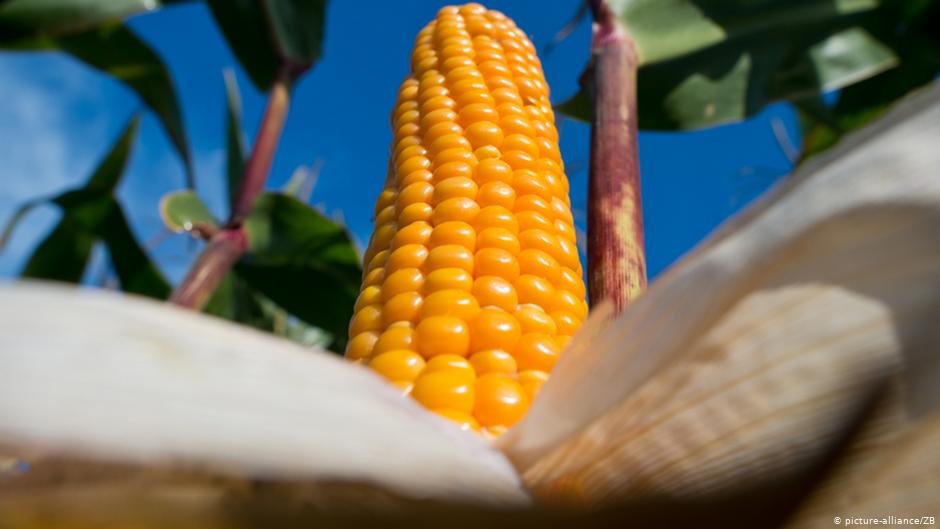The Federal Commission for the Protection against Sanitary Risks (Cofepris) applies three specific «scientific protocols» that it uses to perform risk assessments of agricultural biotechnology products intended for human consumption.
The protocols are:
- Law on Biosafety of Genetically Modified Organisms Last Reform published in the DOF on 11-05-2022.
- Regulation of the Law on Biosafety of Genetically Modified Organisms Last amendment published in the DOF on 06-03-2009.
- Safety assessment of genetically modified food safety tools for trainers (2009). Food and Agriculture Organization of the United Nations.
Cofepris
For products that require prior import permit, it is required to present a health certificate issued by the competent authority of the country of origin and notify Cofepris at the Ministry of Health of the arrival and destination of the goods.
The commercialization, importation and processing of Genetically Modified Organisms (GMO) destined for human use or consumption require authorization from Cofepris, which reports to the Ministry of Health.
This agency carries out a risk assessment, in accordance with scientific protocols, to determine the safety of GMOs and their products for human consumption.
GMOs or products containing GMOs and intended for direct human consumption must carry an explicit reference to GMOs and include on the label their nutritional composition or nutritional properties, in those cases in which they are significantly different from conventional products.
The Secretariat of Agriculture (SADER) issues NOMs specifying the labeling for seeds or other material intended for sowing, cultivation and agricultural production, which contain GMOs (Article 101 of the BOGM Law).
Exports
In order to export certain goods, compliance with certain non-tariff export regulations and restrictions may be required, namely: a phyto-zoosanitary certificate (issued by the Servicio Nacional de Sanidad, Inocuidad y Calidad Agroalimentaria (SENASICA); and a sanitary certificate for beverages, prepared, processed or canned foods, medicines, products derived from human blood (issued by Cofepris).
An export permit or non-automatic export license (issued by the SE); a CITES certificate (issued by SEMARNAT); a certificate issued by the Regulatory Councils in the case of tequila, mezcal and coffee exports; and the certificate of origin for exports that benefit from preferential treatment in the destination country may also be required. These documents are processed through the VUCEM.

